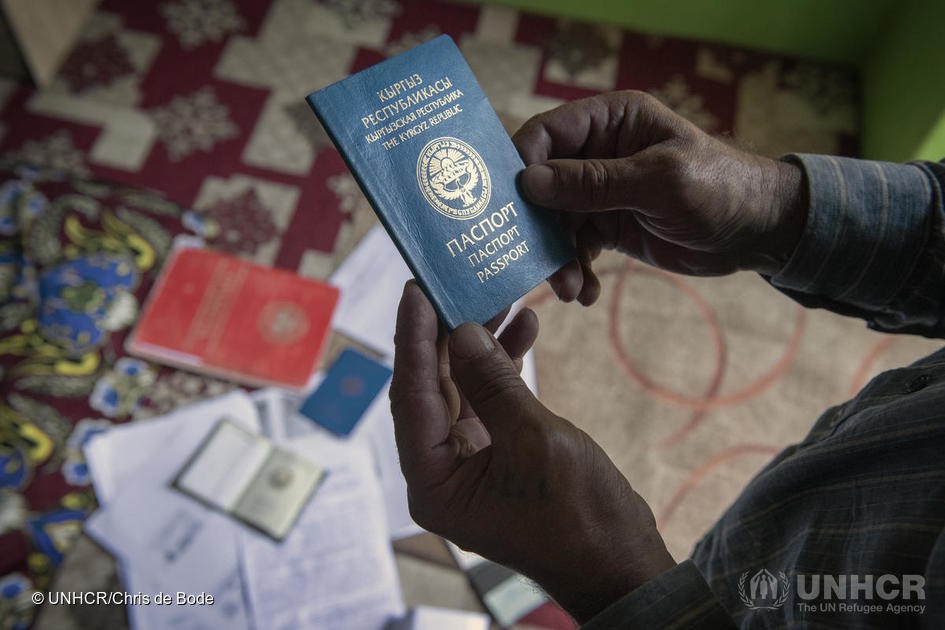International Recommendations on Statelessness Statistics (IROSS)
The International Recommendations on Statelessness Statistics (IROSS) were unanimously endorsed at the 54th session of the United Nations Statistical Commission (Decision 54/121). They aim to provide guidance on the production, coordination and dissemination of statistics on statelessness to improve the quality of these statistics at the national level and, in turn, strengthen globally consolidated data.
The IROSS are the third set of recommendations developed by the Expert Group on Refugee, IDP and Statelessness Statistics (EGRISS), and reflect the perspectives of countries affected by statelessness, civil society members and international experts. The recommendations provide clear guidance to countries on how to better include stateless persons in their national statistical system and thus improve official statistics on this group, specifically the recommendations present:
- Standardized definition of statelessness for the purpose of statistical measurement and to support the harmonization of statelessness data;
- Basic data tabulations and indicators for collecting statelessness data;
- Recommendations on sustainable development goal indicators that are relevant for stateless persons;
- An assessment of traditional and non-traditional data sources and methods, and recommendations to improve statelessness data captured through these approaches;
- Recommendations to improve national, regional and international statistical coordination as a means to strengthen data on stateless persons;
- Guidance to build national statistical capacity to further improve collected data.

Relevant Downloads
Expert Group on Refugee, Internally Displaced Persons and Statelessness Statistics
54th Session of the UNSC (2023)
Report Expert Group on Refugee, Internally Displaced Persons and Statelessness Statistics
53rd Session of the UNSC (2022)
Country examples of data collection on statelessness statistics
Presented as a background paper to the Report of the Expert Group on Refugee, Internally Displaced Persons and Statelessness Statistics on statelessness statistics
Implementation examples
Read more about how countries and institutions have started to apply the recommendations to harmonize definitions and concepts, include refugees and IDPs in national data collection exercises, build capacity and improve the coordination between different stakeholders working in the area.
